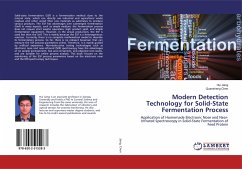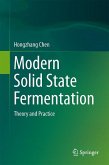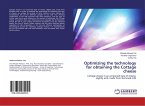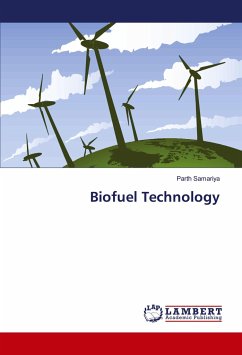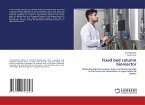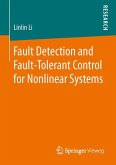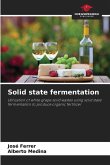Solid-state fermentation (SSF) is a fermentation method close to the natural state, which can directly use industrial and agricultural waste residues and other wood fiber raw materials as substrates to produce various products. The SSF has advantages over submerged fermentation (SmF) in many aspects, such as simple medium, the fermentation process does not require strict aseptic operation, high product yield, and simple fermentation equipment. However, in the actual production, the SSF is used less than the SmF. This is mainly because the SSF is a heterogeneous reaction. Currently, there is no complete mathematical model to describe its fermentation process. So far, there is no relevant biosensor that can measure the SSF process parameters online. Therefore, it is mainly guided by artificial experience. Non-destructive testing technologies such as electronic nose and near-infrared (NIR) spectroscopy have the advantages of no sample pretreatment, fast and convenient, and objectivetest results, and are suitable for online process analysis. This book focuses on the monitoring of the SSF process parameters based on the electronic nose and the NIR spectroscopy techniques.
Bitte wählen Sie Ihr Anliegen aus.
Rechnungen
Retourenschein anfordern
Bestellstatus
Storno

